Peer Review: Feeling Like a 'real' Scientist
Peer reviewing helped a graduate student to finally gain a sense of belonging within the research community.

Send us a link
Peer reviewing helped a graduate student to finally gain a sense of belonging within the research community.

Science benefits when junior scientists sign up as reviewers. It's also good for their careers.

The training course adds to ongoing efforts to promote greater diversity in scholarly review.
By design, our results are very likely to be under-estimates as they reflect only a portion of the total number of journals worldwide. The numbers highlight the enormous amount of work and time that researchers provide to the publication system, and the importance of considering alternative ways of …
Manuscript Exchange Common Approach (MECA) committee members champion the benefits of standardizing the transfer of papers between journals.
A look at recognition in peer review, what's offered now and what's on the horizon. How does this affect the process?
In a collaborative open peer review process, the editor's role changes as much as the reviewer's role.
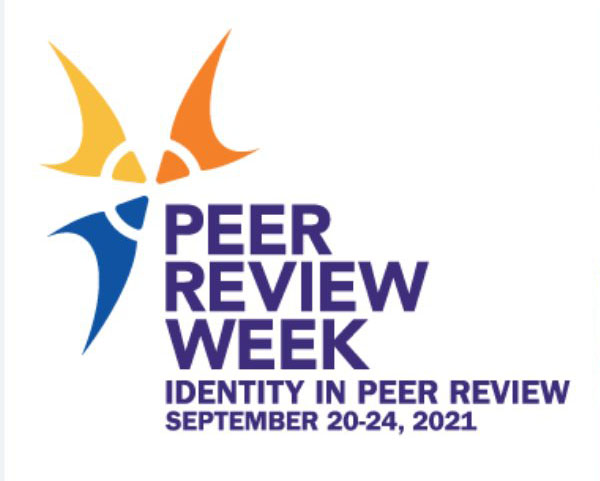
Open peer review has been growing steadily but its implementations take many different forms. This post takes a deep dive into the question of whether reviewers should be openly identified.
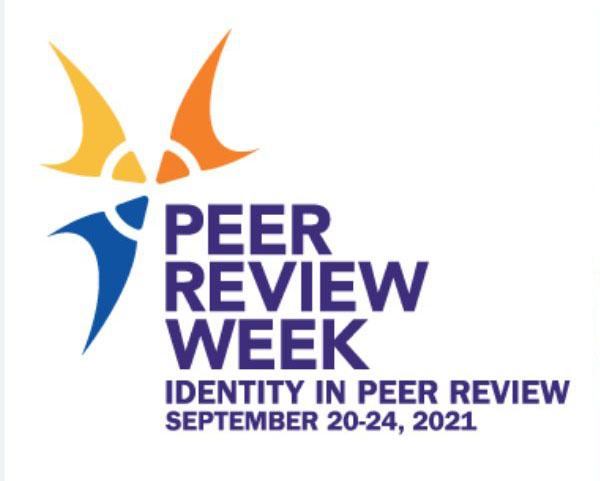
In this article the decision to collect gender data for Royal Society journals with the aim to identify and respond to potential biases in the peer review process is discussed.

This post explores how diversity plays an important role in the peer review system.

Will the plethora review options for preprints usher in a new age of duplicate peer review?

And what scientists learned they still needed it for.

There are quite a few ways to shift bad behaviors and habits of reviewers to become not just good, but great peer reviewers.

Lots of things are wrong with paying for peer review.

A new study of grants awarded to early-career researchers by Europe's premier science agency is reviving an old controversy over the way governments decide which scientists get research money, and which do not.
Researchers say the complaint filed against Elisabeth Bik could have a 'chilling effect' on scholarly criticism.

The nonsensical computer-generated articles, spotted years after the problem was first seen, could lead to a wave of retractions.

Acting as a reviewer is considered a substantial part of the role-bundle of the academic profession. However, little is known about academics' motivation to act as reviewers.
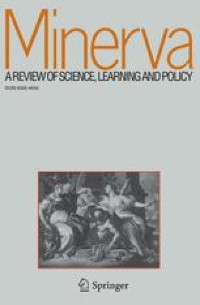
Join AfricArXiv, Eider Africa, TCC Africa, and PREreview for a virtual discussion and collaborative review of an African-relevant preprint.

If we want real public understanding of new findings, we must also open up peer review.

Free reviews from a nonprofit body could add to questions facing scientific publishers.

This author asks: Can scientists who are so meticulous in preparing their papers and so generous with their time in reviewing them for free not find better ways to advance science than relying on profiteering journals?

A preregistered survey experiment spanning six disciplines has found weak evidence of bias in favour of authors from high-status countries and institutions.
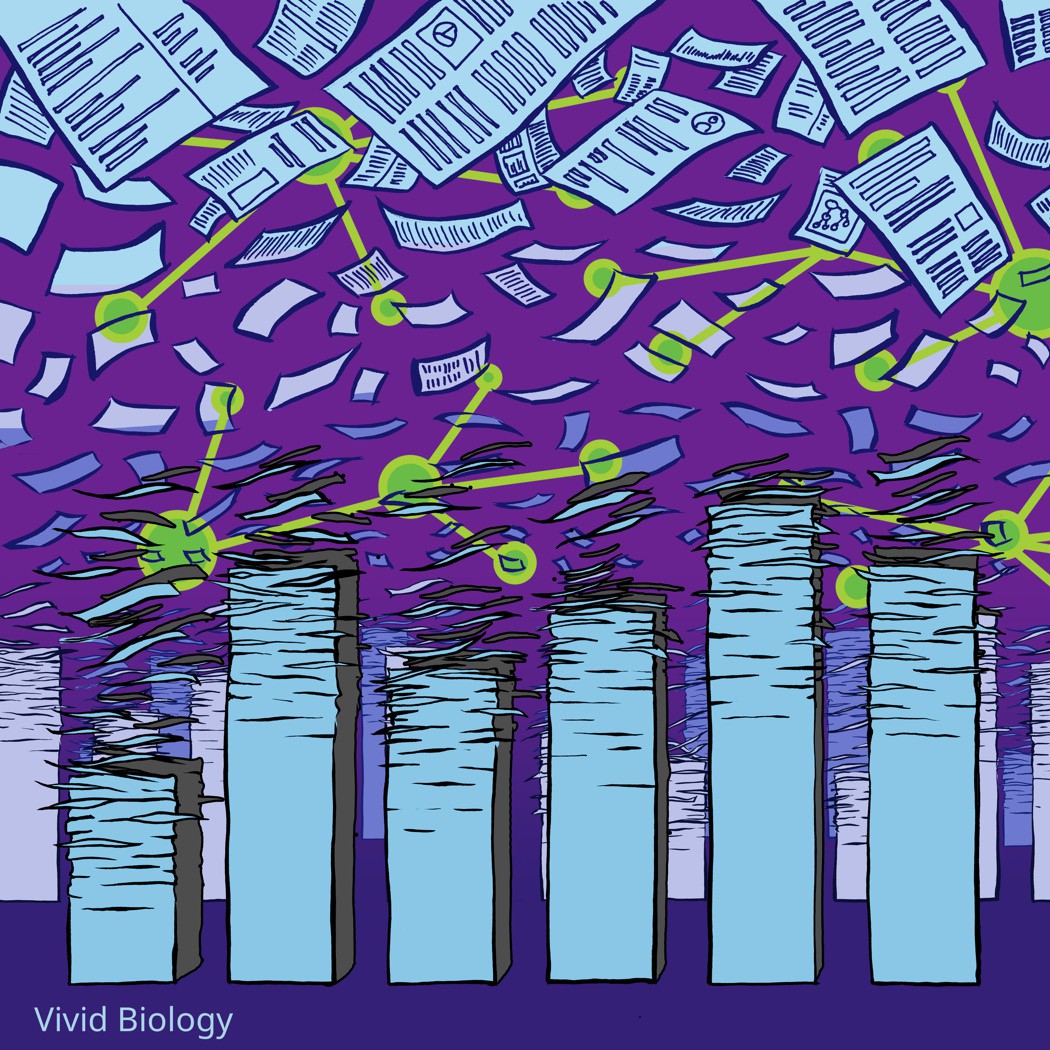
The two initiatives are continuing their joint efforts to increase the diversity of voices in scholarly review.
In recent decades new innovations in peer review have been developed to address issues of bias and inefficiency. These innovations are multifarious, but many of them relate to openness of peer review, reviewer incentives, and technological enhancements, such as the use of artificial intelligence.
Payment advocates expect quicker, better reviews but opponents fear unsustainable costs.

Many platforms have already started to use automated screening tools, to prevent plagiarism and failure to respect format requirements. Some tools even attempt to flag the quality of a study or summarise its content, to reduce reviewers' load.
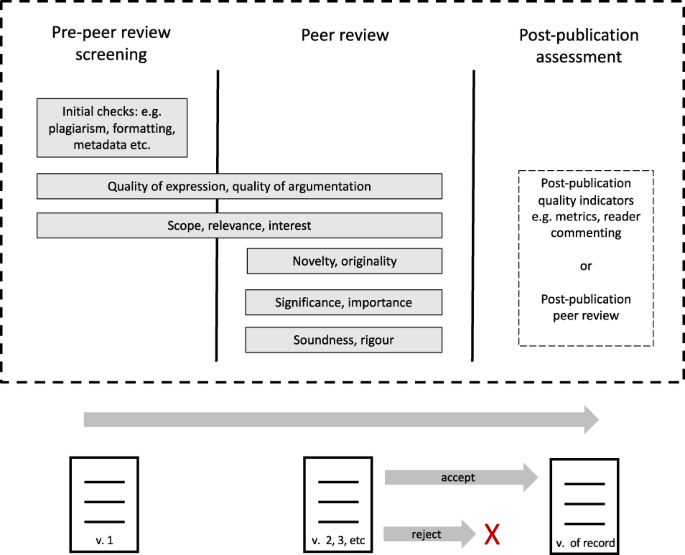
Richard Smith spent some time reviewing two scientific papers, and the experience has made him wonder if it is time for peer reviewers to rise up in rebellion.
